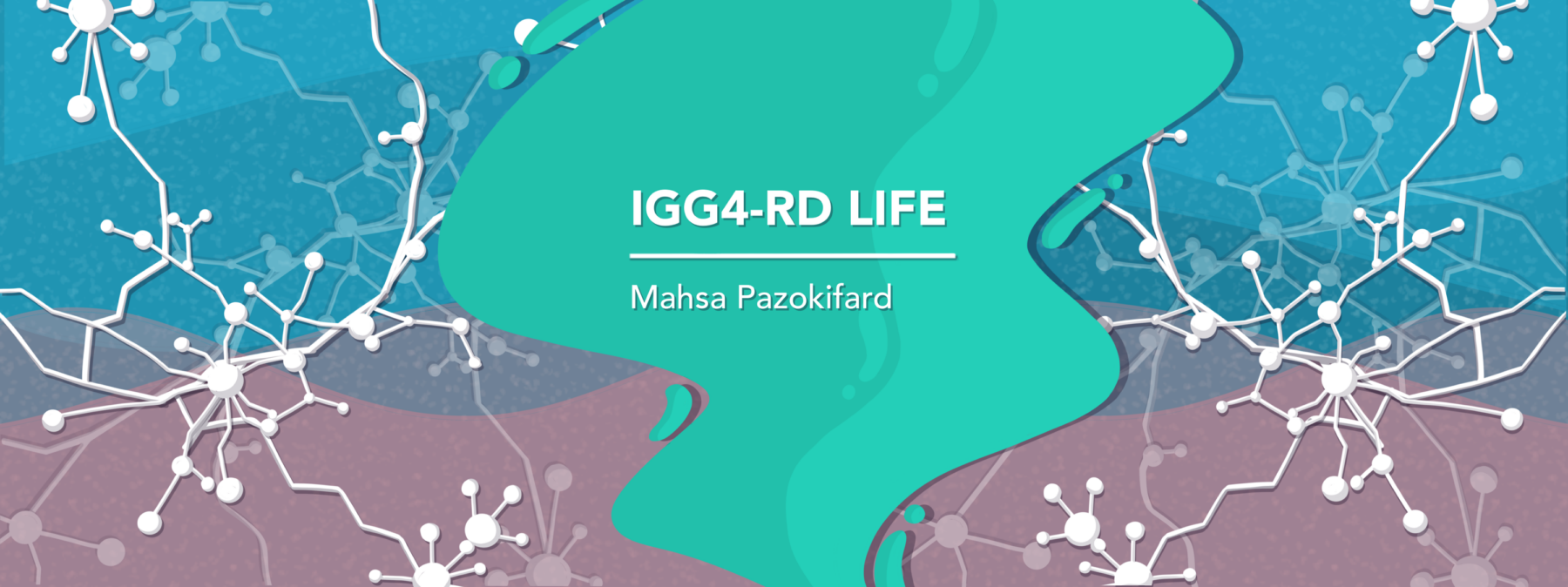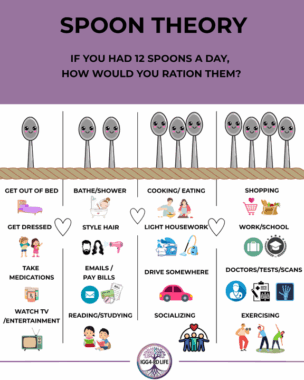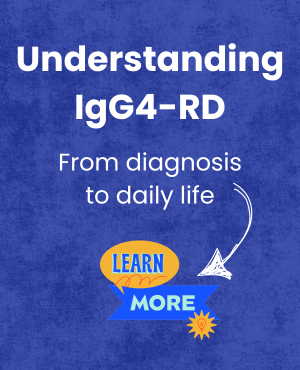These tips better prepare me for living with IgG4-related disease
How I take control of my life, one spoon at a time
Written by |

Living with IgG4-related disease can be overwhelming at times because of its unpredictable nature. Some fellow patients and I often joke about having to spin the wheel of IgG4-RD symptoms when we wake up in the morning, to see what we’ll have to face that day.
Jokes aside, the reality is that we must be flexible with our day-to-day tasks and other plans and commitments. Not knowing what we’ll encounter each day or each week can be trying. This sense of unpredictability is why I’ve found the spoon theory to be such a valuable tool for managing my energy and planning my days. Learning about and using the spoon theory has been a blessing.
You may occasionally encounter a chronic or rare disease patient who throws around the term “spoonie” when defining their daily life with their condition. The metaphor was created by Christine Miserandino, who described a concept of rationing energy while living with chronic illness. In her analogy, spoons represent units of energy, and patients have a limited number of spoons to use each day for chores and other activities.
For example: If you had 12 spoons each day, how would you use them?
For me personally, knowing how many spoons each task requires allows me to prioritize my to-do list for the day and take action accordingly. I often find myself shifting my daily tasks based on priorities such as deadlines, scheduling, and doctor appointments. I also learned the hard way not to borrow spoons from the following day. The exhaustion and recovery period that follow can knock me off my feet for days!
Finding flexible work

Image by Mahsa Pazokifard
I’ve found it helpful to work remotely and be self-employed. I made this change because, with this disease’s unpredictability, I couldn’t hold a regular 9-to-5 job. That’s in addition to the difficulties that come with having to constantly sit or stand, depending on job requirements.
I know it’s easier said than done, especially in these difficult times, but if you have IgG4-RD and can find a more flexible and stress-free work environment, you might find life more manageable. Rationing your energy and managing a good work-life balance are important forms of self-care.
Another form of self-care that I’ve picked up along the way is having open and honest conversations with friends and loved ones about my ailments.
Managing expectations and setting boundaries
Before my diagnosis, making plans and sticking to them seemed effortless. Nowadays, making plans to go out with friends and having to RSVP for events seem like such difficult tasks. Sometimes I’ll say yes, only to be unable to make it when the day arrives.
By explaining the unpredictability of my rare and chronic conditions to others, I’ve been able to manage both their expectations and mine. In time, and with the help of my mental health therapist, I’ve also learned to set boundaries, especially with loved ones and others closest to me.
Some that I’ve set for myself include not allowing in-home visits, especially around my treatment months with rituximab (often known as Rituxan); not discussing specific topics that are stress-inducing; limiting my conversation and socializing time; saying no; and learning not to give in to peer pressure. Setting clear boundaries has a positive impact on our mental health as we navigate this unique journey with IgG4-RD.
The role of self-care in mental health
Achieving work-life balance is already challenging enough. When combined with diagnostic delays, disease uncertainties, lack of support, and social isolation, rare disease patients may experience higher rates of depression, anxiety, and other types of mental health conditions. Having a professional over the past 15 years to guide and provide me with the tools I need to manage my mental health has been my biggest form of self-care.
Some additional rituals I’ve incorporated into my life include going for lymphatic drainage massages, hydration IV drips with immune boosters and glutathione shots, and a painting night here and there for some art therapy!
Finding forms of self-care rituals that work for you will help you live better with your IgG4-related condition. Remember, you’re not alone in navigating this unpredictable journey. Take control of your life, one spoon at a time, connect with others who understand, and never stop advocating for your needs.
Note: IgG4-RD News is strictly a news and information website about the disease. It does not provide medical advice, diagnosis, or treatment. This content is not intended to be a substitute for professional medical advice, diagnosis, or treatment. Always seek the advice of your physician or other qualified health provider with any questions you may have regarding a medical condition. Never disregard professional medical advice or delay in seeking it because of something you have read on this website. The opinions expressed in this column are not those of IgG4-RD News or its parent company, Bionews, and are intended to spark discussion about issues pertaining to IgG4-RD.








Leave a comment
Fill in the required fields to post. Your email address will not be published.